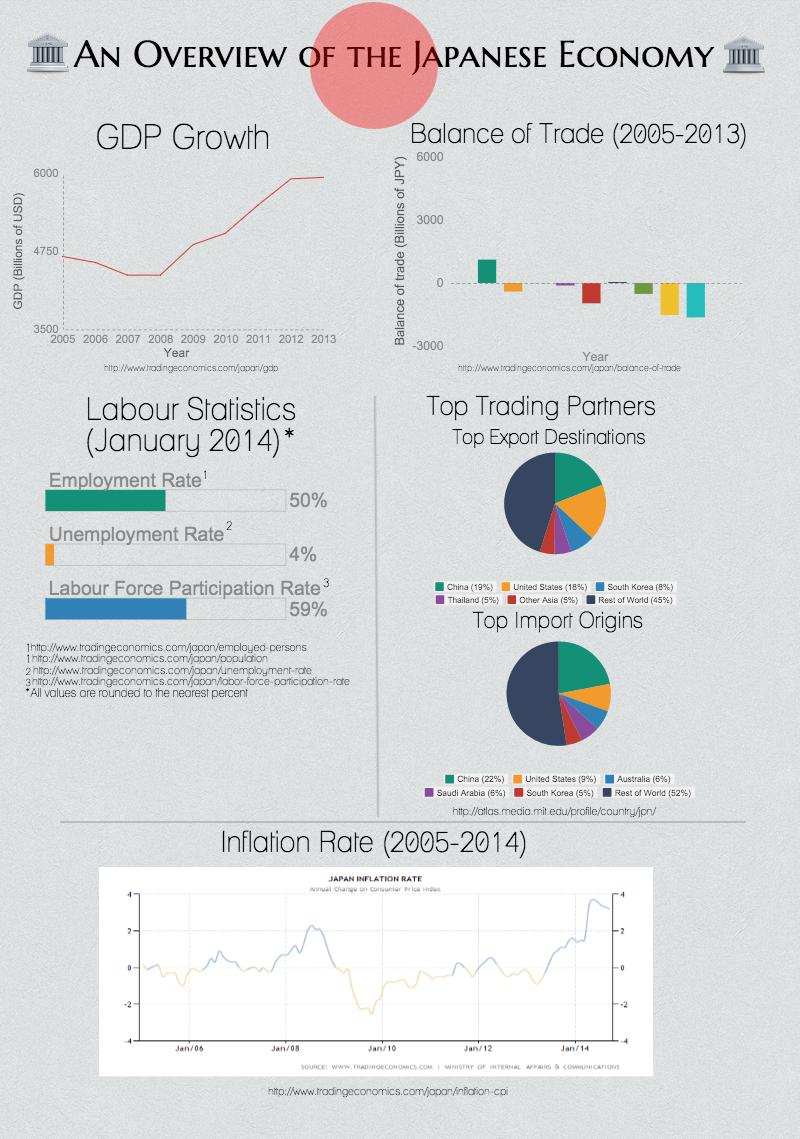Canadian companies are increasingly seeking new ways to practice responsible business. As consumers and investors keep a watchful eye on corporate business practices, companies are seeking innovative ways to demonstrate their dedication to social causes and prove they are in the business of doing good. One growing trend in showcasing corporate commitments to ethical business has been B Corp certification.
B Corp certification first became popular in the US with large brands such as Ben & Jerry’s, Patagonia and Jessica Alba’s The Honest Company receiving certification. The trend has now spread worldwide and is gaining traction in Canada where Canadian firms are being recognized globally at being the best businesses for the world.
So what are B Corps?
B Corps are companies that have been acknowledged for their dedication to good business practices and utilizing their business as a tool to help solve social and environmental problems. The B Corp website claims, “B Corps are for-profit companies certified by the nonprofit B Lab to meet rigorous standards for social and environmental performance, accountability, and transparency”. Essentially this means that B Corps are companies that have gone through an assessment process to ensure that their business meets specific social and environmental performance indicators and adhere to high standards of accountability and transparency.
B Lab is the organization that assesses corporations seeking B Corp certification to ensure that they meet the appropriate social and environmental performance standards. B Lab acts as a third party regulator which certifies the corporations and confirms that these standards and values are entwined in the company’s corporate culture. B Lab conducts recertification of each company every two years.
The assessment and certification process is no easy one. Becoming a B Corp is a rigorous and lengthy process, as companies are already required to complete an “Impact Assessment”, incorporate the necessary legal requirements into the governing documents and have all changes accepted by shareholders. However, many Canadian corporations are required to abide by similar standards set by B Lab as part of existing legislation so receiving B Corp certification is much easier for Canadian companies than for their US counterparts.
Is it worth it?
Although B Corp certification holds no legal status, many corporations are seeking external validation for their dedication to social and environmental standards. Through the B Lab certification process and approval, companies are able to demonstrate to consumers and investors alike that they are committed to good business practices and have been vetted by a third party. This adds a level of legitimacy for businesses whose consumers may not trust statements from the company itself.
The B Corp certification process can help companies improve their business practices. Some companies have suggested that going through the assessment and certification process assists companies to clarify their corporate purpose and focus, evaluate their social and environmental impact, improve transparency and measure their own social responsibility progress. For those who already have these values, B Corp certification can support these companies to better articulate their good business and ethical practices.
B Corp certification offers a chance to engage and learn from other socially conscious companies and inspire best practices. This encourages companies to develop innovative ways to engage in more meaningful business and push the bounds of corporate social responsibility as it currently exists.
Certification can also be financially lucrative for companies as investors and consumers are increasingly interested in the ethical practices of corporations. Investors are more motivated to get involved with companies which demonstrate their ability to effectively balance their financial interests with their social interests. Similarly, consumers are rewarding ethically conscious companies with their wallets. Canadian businesses have noted an increase in profits as a result of their B Corp certification; Fairware, a Vancouver based custom merchandising firm, experienced a 23% increase in revenue last year directly attributed to their B Corp status.
B Corps in Canada:
An added bonus for Canadian companies is the blooming partnership between B Lab Canada and the Business Development Bank of Canada (BDC). The partnership is intended to encourage small and medium sized businesses to seek B Corp certification.
Canadian companies are excelling in their B Corp status and are highly ranked among B Lab’s list of companies who are the “Best for the World”. Bullfrog Power was recognized on the “Best for the Environment” list and PeaceWorks Technology Solutions, a computer and networking systems provider, was “Best for the Workers” and “Best for the Community”.
There are currently 174 certified B Corps in Canada (the largest number of B Corps outside of the US), which has increased 30% from last year. While the B Corp trend first gained popularity amongst smaller organizations, it has grown to include some of Canada’s larger brands such as Vancity, Me to We and Bullfrog Power.
The hope here is that as this idea gains traction, more companies will seek B Corp certification. This will not only make B Corp status more recognizable, but it will help to transform how business is done and the businesses themselves.
The increasing number of Canadian companies seeking B Corp certification and benefiting from strong corporate social responsibility policies signals a bright future for Canadian businesses.
Photo: “Ben & Jerrys Half Baked Frozen Yogurt” (2015), by MR.TinDC via Flickr. Licensed under CC BY-ND 2.0.
Disclaimer: Any views or opinions expressed in articles are solely those of the authors and do not necessarily represent the views of the NATO Association of Canada.




